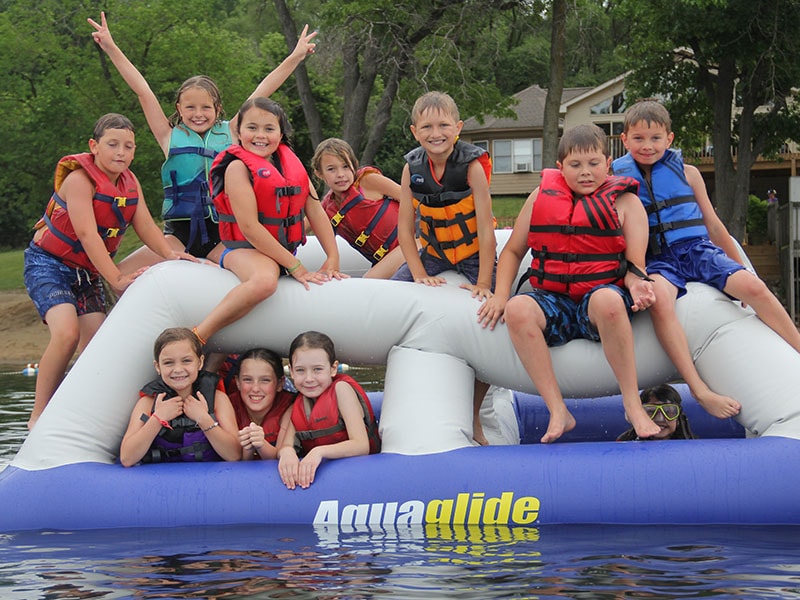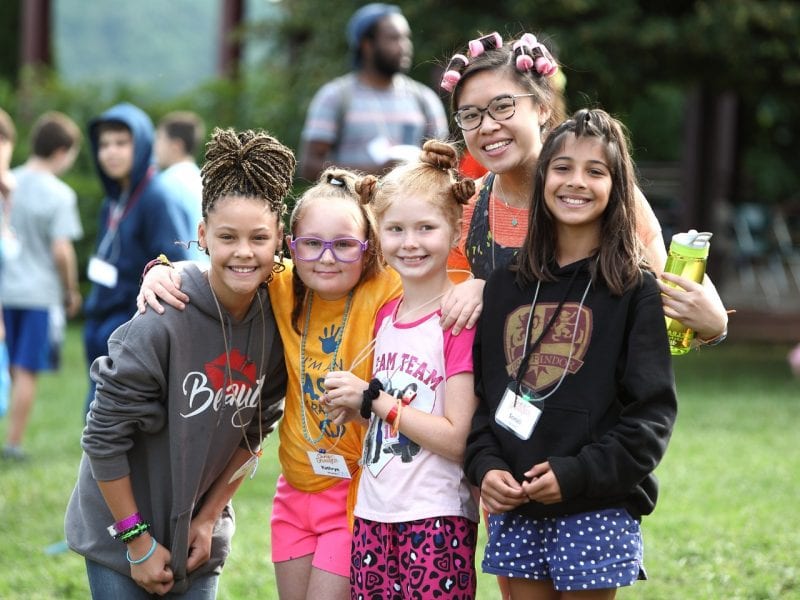From Planning to Action.
Going camping can be one of the most wonderful ways to enjoy and connect with nature, but when the proposal involves being educational, it requires a series of tips and issues to be taken into account: Among these things, a good organization and coordination and a work team trained to implement a pedagogical project that is geared to achieving objectives.
In the Environmental Project Educational Camps Course, we work on the preparation of a plan that adjusts to the height of any circumstance, but always knowing the stages that allow the activities of an educational camp to be planned correctly.
The good thing about doing it in this way is that the material and tools acquired are used by teachers, as well as animators, environmental educators, guides or professionals who work with groups, to put them into practice in their fields of action.
Keep in mind that not all camps are educational and will depend on our planning and organization to achieve learning experiences.
Not all camps are educational
The outdoor experience and contact with nature are what will help us to be successful in the camp, but before we start we have to ask ourselves some questions that will help us to answer our proposal.
10 tips for you to set up your educational camp
Type of camp: While all camps seem the same (camping, playing and connecting with nature) we must know how to classify it, for example: Sports, leisure, musical, thematic, adventure, scientific, training etc.. Each one will have a particularity and function to fulfill.
Camp Structure: Here we will divide the tasks to be carried out within the camp (budget, infrastructure, security, activity program, kitchen equipment, service equipment, logistics, etc.) this can vary depending on the number of participants or the type of camp and the human resources we have.
Age of participants: A camp for children is not the same as a camp for young people or adults. The contents should be adjusted to the maturity of the group and its interests.
Planning At this point we will focus on preparation, development and evaluation. Separating each one and carrying out an adequate planning will allow us to organize all the necessary activities in order to always fulfill the stated objective.
Organization Stage: If we do not organize ourselves we will not be able to establish objectives, determine date, assign tasks, delegate roles, material and human resources, application of the program, infrastructure, reflection and evaluation. So pen in hand, paper, whiteboard and marker.

Cooking and Food: Although it is often believed to be very simple, when planning a camp, it takes much more time and organization than we think.
And it is fundamental to know very well the foods, the caloric consumption of the same ones, the quantity and/or type of menu that according to the nutritional condition of the participant (celiac, vegan, diabetic, among others) must be very strict and be careful in how to manipulate the foods, we suggest to know and to learn good practices of manufacture.
“And watch out for cross-contamination. A point that seems to be simple, but a good preparation is needed so that nobody gets intoxicated or that our menu is according to the foreseen activities and that we don’t lack. (Remember the saying “belly full of happy heart”.
Program Camp activities should be very well planned and ordered within a programme, which should contain, among other things, established schedules, fixed activities, variables, workshops, desired objectives, contents and evaluation.
Team: As we well know, setting up a team is not the same as setting up a working group. To carry out an educational camp requires a team, where its members contribute their knowledge to achieve the objective, but also based on equitable help among those who are part of it.
That is why we suggest having facilitators who have individual training, good cultural management, love and vocation for the activity, social skills, leadership ability, conflict resolution and management techniques and skills to work with groups.
Choice of location: In nature? Yes, in nature, since it is a condition for it to be educational, but there are also special documents and cards such as the one we give them in the course of educational camps, which can help you identify which are the main characteristics, according to security, to choose the right place. For example: Infrastructure, geography, unique or shared perimeter, places of sanitary resources, services and security, etc).
Evaluation: Every camp, activity and game requires an evaluation.
This point is as important as the planning itself of the entire camp, since in order for us to see if our objectives were met, we must carry out an evaluation-reflection in process, which allows the exchange among participants and analysis of the organization.

